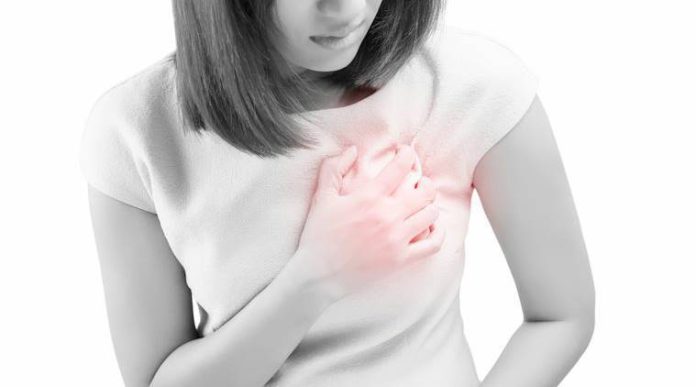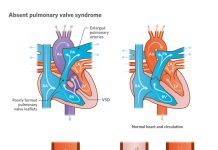Mencoret.com – Despite the warning signs of a heart attack, most people do not immediately call 911 if they experience stomach pain. They tend to wait until the pain goes away before calling for emergency assistance. During a heart attack, every second counts, so the sooner you seek help, the better. This article will discuss some of the symptoms that may indicate a heart attack, and how you can spot them. Symptoms of a heart attack are similar to other symptoms of heart disease.
Stomach pain may also be accompanied by indigestion or belching

The first symptom is stomach pain. This is typically felt in the upper left quadrant. However, some people feel pain in the upper left oesophageal sphincter. Abdominal pain can also be accompanied by indigestion or belching. Abdominal pain is one of the most common symptoms of a heart attack. If you experience any of these symptoms, call 911 immediately.
Other symptoms of a heart attack include neck and back pain. While chest pain is the most common, a heart attack can cause severe abdominal pain. Women who are experiencing this pain may also experience severe abdominal pressure, which feels like an elephant sitting on top of their stomach. Some women who experience abdominal pain may also experience shortness of breath, nausea, or difficulty breathing. Some people may not even realize that they are having a heart attack until they experience other symptoms such as chest pain.
A heart attack can occur from a blockage of the stomach
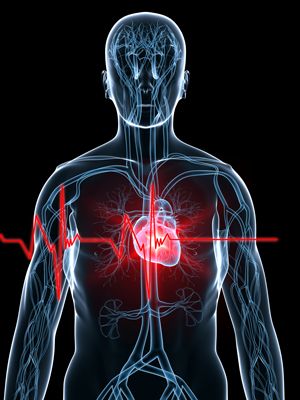
While the symptoms of a heart attack vary depending on the cause, some people experience stomach pain only after they have consumed a meal. This may be due to gastric reflux, which may be treated at home by belching, drinking carbonated beverages, massaging the abdomen, or walking. A heart attack can occur from an abdominal blockage, and it may cause long-term damage. Consequently, it is important to get medical care as soon as possible.
Several other symptoms of a heart attack may seem like indigestion or stomach discomfort, but they are not. An excessive number of episodes of indigestion may signal a heart attack or heart problem. The heart is situated next to the stomach, so indigestion or chest pain that is unexplained should not be ignored. An ECG can rule out other heart problems. However, if the pain continues for a prolonged period, a heart attack is likely.
When heart attack symptoms become more intense, you may not be able to tell the difference
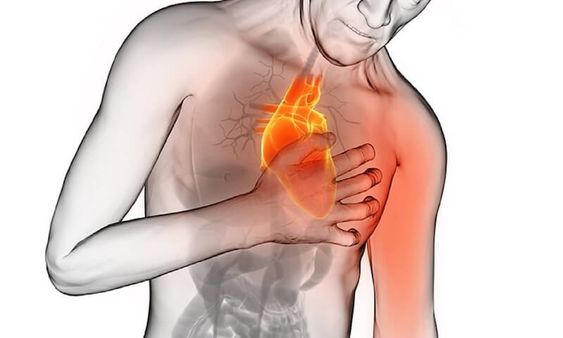
Those with a heart attack should call 911, or have someone else call for them. Getting to a hospital as quickly as possible is essential to surviving a heart attack. The longer you wait, the greater the chance you will suffer long-term damage or death. Regardless of how severe the symptoms are, the sooner you receive the appropriate treatment, the better. When the symptoms of a heart attack become more intense, you may be unable to distinguish between them.
Although chest pain is an obvious sign of a heart attack, you might also experience indigestion and belching, or even nausea. While nausea and chest pain are the most common symptoms of a heart attack, the latter is more likely in women. In addition to chest discomfort, patients often experience nausea and vomiting after the attack. If you have any of these symptoms, call 911 immediately. You should not wait until the symptoms worsen before calling a doctor.
There are several ways to detect a heart attack
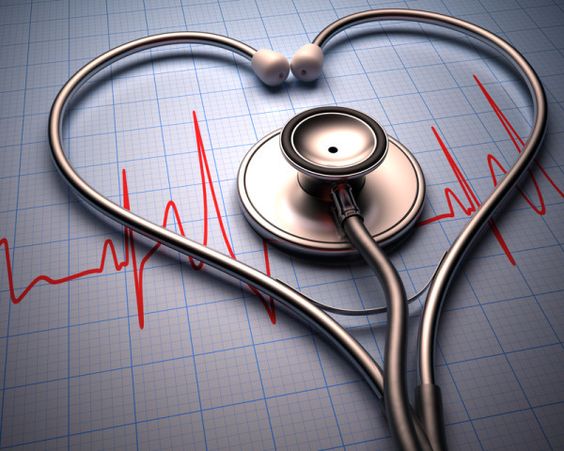
Symptoms of a heart attack are common, and they are indicative of a more serious condition. Emergency medical providers will evaluate you and perform several tests to rule out other issues. An ECG (electrocardiogram) will check the electrical activity of the heart. Stress testing is another way to detect a heart attack. Other procedures may include an angiography, in which a dye is injected into the blood circulation.
If you have abdominal pain, your doctor will likely ask you a few questions and feel the area to see if it is tender or swollen. Your doctor may also order lab tests and imaging. The doctor will also examine the surrounding areas to see if they have any other symptoms. Your primary care physician may want to rule out the possibility of a heart attack based on your symptoms and your medical history. In many cases, a home remedy will help alleviate the discomfort.

